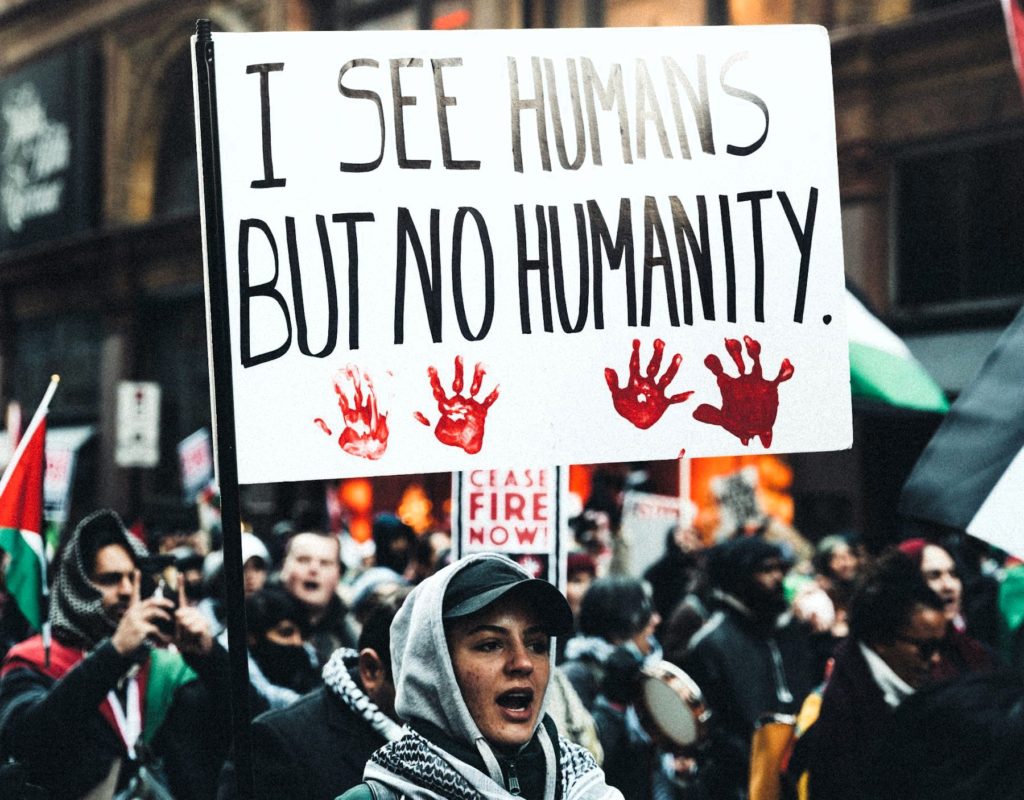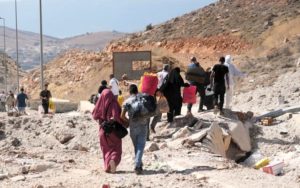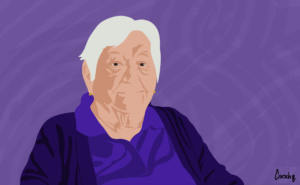A brief, UAI in-house discussion recently, on the relationship between impunity and increasing incidences of atrocity, highlighted the significance of the court of public opinion. It also prompted this blog. UAI is keen to know if UAI supporters are interested in engaging in this topic and participating in a group effort to give it more attention. If you are, please write to

On the spool of recorded history, human societies have seen countless episodes of brutal atrocities: Egyptian pharaohs, Persian satraps, Mongol hordes, Roman legions, Hunnish invaders, Frankish crusaders, Spanish conquistadors, Western slave-traders, European colonizers, Fascist armies, US bombers, and the various 20th Century genocidaires in Namibia, Ottoman Turkey, Rwanda, and Bosnia. We view each of these waves of inhumanity with an appropriate chronological distancing and academic objectivity, as simply a part of the inevitable march of history, the repeated attempts by old-fashioned, authoritarian regimes to impose their iron will on unfortunate, weaker societies. How lucky, we muse, that we have evolved beyond those barbarians.
Precisely because we are accustomed to separating ourselves from the horrors of the past, it proves so difficult to make sense of the actual, on-going massacre in the occupied Palestinian territories, in this third decade of the 21st Century, broadcast in real-time on television and TikTok. The 2000-lb. bombs reducing crowded cities to rubble; the fiery explosions ripping through canvas tents of a refugee camp; the medical personnel marched naked out of their hospitals; the mass graves whose decomposing bodies show signs of bound hands and gunshots to the head; the dismembered corpses of drone victims; the orphaned children who survived their family’s demise minus an eye or a limb… These horrors do not seem comprehensible in today’s modern, civilized world.
And yet, in today’s world there is still no effective mechanism for seeking justice over such inhumanity, no international arbiter to which we may turn to demand a modicum of accountability for the grotesque evil of total modern warfare.
We have a tired, old Security Council of the United Nations in New York, slanted by design in favour of the five winners of a World War fought 80 years ago, any one of which said powers may exercise their veto and block meaningful action on outright injustice. We have the UN-affiliated International Court of Justice in the Hague, whose legalistic rulings to cease and desist have absolutely no teeth and no chance of enforcement in today’s ossified, multi-polar balance of nuclear rivalry. We have an independent International Criminal Court, also located in the Hague, which may issue subpoenas and arrest warrants against the presumptive authors of massacres but cannot enforce them in the least. We have an Office of the High Commissioner for Human Rights in Geneva, which can make measured statements against the latest abuse of the rules of war (IHL) and basic human rights (IHRL), as long as said statements do not overly offend the superpowers which fund the budget of the UN system.
What recourse do we have, then, when a rogue state like Israel undertakes a plausible genocide against the people whose land it occupies for the past 75 years, armed and abetted by a rogue super-power like the USA, which is chiefly interested in ensuring profits for its arms manufacturers and geostrategic access to natural resources in the region?
The conceivable answer lies in popular action. Absent any strong global mechanism to rein in the devils among us, we must organize ourselves as communities of angels to exercise the few tools at our disposal. Protests and mass demonstrations in public spaces (including marches on capitals); Boycotts of products and services coming from rogue states (no more Soda Stream or Starbucks, no Medjool dates or Israeli pomelos); Cultural isolation of nations led by genocidal authoritarians (barring them from Cannes, Eurovision, the World Cup and all academic exchanges); Lobbying for divestment from any industry doing business with a criminal regime (pressure on the pocketbook); above all, teach-ins and popular education to raise awareness about the inhumanity being perpetrated before our eyes.
These modest tools may seem ineffectual when compared with the massive support, trade, and armaments proffered by great economic powers like the USA, Germany and the UK. But concerted people power has worked in the past: against the Vietnam War in the 1960s; against South African apartheid in the 1970s and 1980s; and against Indonesia’s invasion of Timor Leste in the 1990s. In 2024, the university students have given us an object lesson in the power of mass mobilization. Within the space of only a few months, we have seen campus demonstrations spread from New York and Paris to Sydney and Santiago.
Students, social activists and an increasingly sympathetic public around the globe have shown a level of solidarity with the civilian population in Gaza and the West Bank that would have been unthinkable even a year ago. Western European countries that had once seemed staunch, immovable allies of Israel have formally recognized Palestinian statehood. Multimillion-dollar institutions are actually re-evaluating their portfolios to assess their ties to companies doing business in occupied territories. The entire discourse around the Israeli/Palestinian question has changed now to include terms that are recently coined or formerly forbidden in this context, terms such as apartheid, ethno-nationalist state, and settler colonialism.
Who knows? Concerted demonstrations of popular repudiation for Israeli genocide may eventually light the way for a mass movement against the rogue super-power as well…
About the author: Frederick Spielberg has over 30 years of experience in disaster and conflict settings, working with UN agencies, NGOs and philanthropic foundations. He currently consults on humanitarian issues from a base in France and Chile.
This article expresses the author’s personal opinion and does not necessarily align with the views of UAI.











